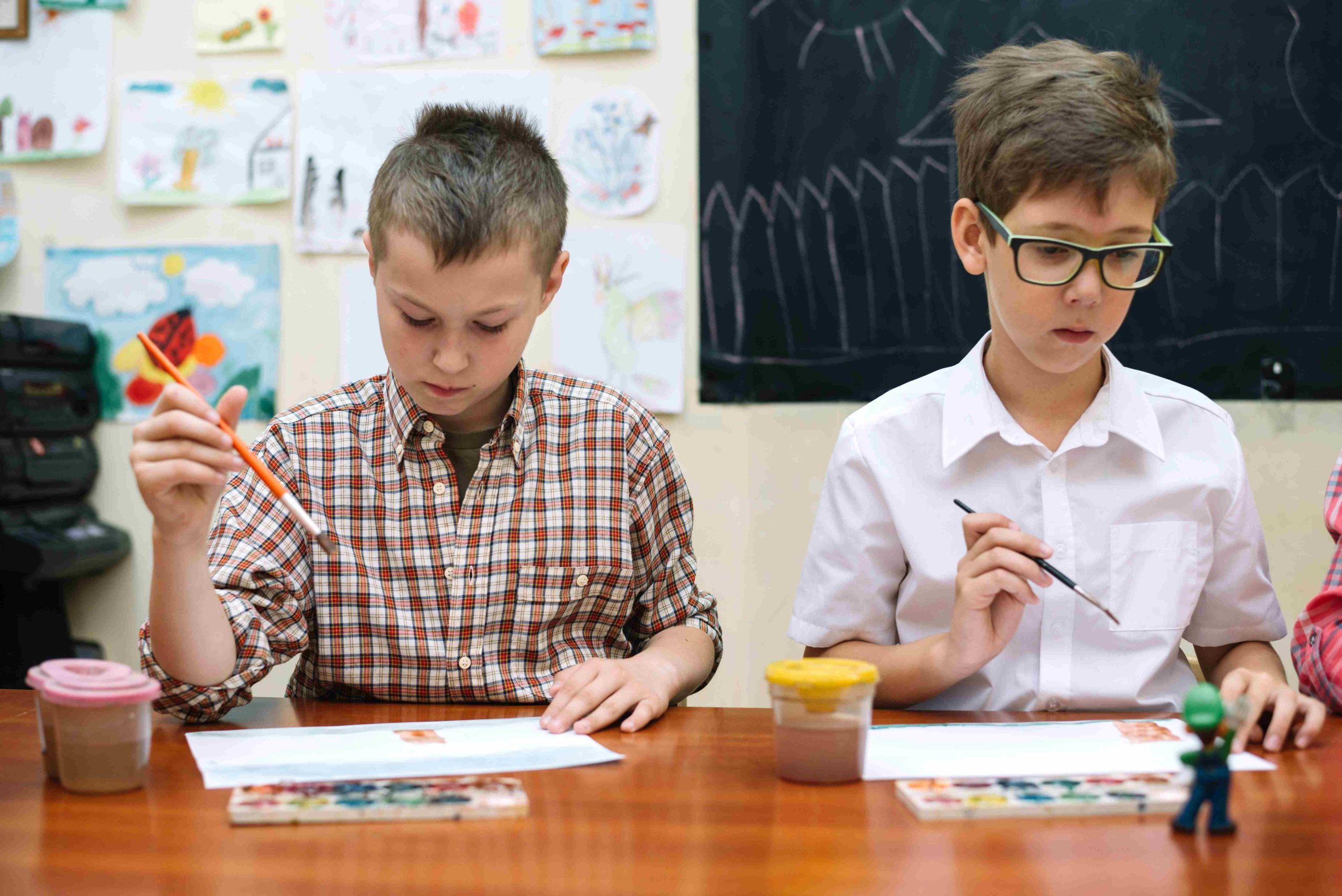
Is Your Preschooler Ready for School? Assessing Age-Appropriate Competencies
Is your little one turning three soon? Are you wondering whether they are ready for preschool or not? It’s a common concern for parents, and understandably so. As parents, we want our preschoolers to succeed in life, and we know that education is a significant factor in their future success. That’s why we want to give our preschoolers the best possible start to their education by enrolling them in preschool. But how do we know if they are ready for school?
Assessing Age-Appropriate Competencies
1. Social Skills:Social skills are critical for preschoolers as they learn to interact with other preschoolers and adults. Preschoolers should be able to share toys, take turns, follow simple rules, communicate effectively with peers and teachers, and show empathy towards their classmates.
2. Language and Communication Skills:Preschoolers should be able to speak in simple sentences and express their needs, wants, and emotions. They should also be able to understand and follow simple instructions and respond appropriately to questions. These skills are essential for preschoolers to participate in classroom activities and communicate with teachers and peers.
3. Motor Skills:Preschoolers need to have the motor skills necessary to perform tasks such as holding a pencil, using scissors, and manipulating small objects. They should also be able to run, jump, and climb, as these skills are essential for physical development and participating in physical activities during school.
4. Cognitive Skills:Preschoolers need to have basic cognitive skills, such as being able to recognize colors, shapes, and numbers. They should also be able to understand cause and effect relationships, recognize patterns, and solve simple problems. These skills are essential for preschoolers to engage in learning activities during school.
5. Independence:6. Preschoolers need to be able to perform basic self-care tasks, such as using the toilet, washing hands, and putting on and taking off their shoes and coat. They should also be able to follow routines, such as naptime and snack time, and understand the concept of time.
7. Emotional Development:
Preschoolers should be able to regulate their emotions, such as anger and frustration, and express them appropriately. They should also be able to identify and understand their feelings and those of others. Emotional development is essential for preschoolers to form positive relationships with peers and adults and succeed in school.
To summarize, preparing your preschooler for school is a gradual process that requires patience and understanding. By evaluating their age-appropriate competencies and providing them with the support they need, you can help your child succeed in school and beyond. Trust your instincts as a parent and remember that every child develops at their own pace. With the right preparation and mindset, your preschooler can thrive in school and achieve their full potential.
If you are unsure whether your preschooler is ready for school, you can talk to their pediatrician or a preschool teacher to get their opinion. They may be able to provide you with additional insights and guidance on how to prepare your child for school.
Remember that starting school is a significant transition for your preschoolers, and it’s normal for them to feel anxious or overwhelmed. As parents, we can help ease this transition by preparing our preschoolers and providing them with a supportive and nurturing environment. Talk to your child about school, read books about starting school, and visit the school before the first day to help them feel more comfortable.
Additionally, it’s important to choose a preschool that aligns with your values and meets your child’s needs. Research potential schools and visit them before making a decision. Talk to the teachers and ask about their approach to teaching and discipline. Consider the school’s curriculum, facilities, and resources.
Moreover, as a parent, you play a crucial role in preparing your preschooler for school. You can support your child’s learning and development by providing a nurturing and stimulating environment at home. This can involve reading to your child, encouraging imaginative play, and exposing them to new experiences and environments.
You can also help your preschoolers develop their social skills by arranging playdates and encouraging them to interact with other preschoolers. Practice taking turns, sharing, and problem-solving skills. Additionally, teach your child basic self-care skills such as dressing themselves, using the toilet independently, and washing their hands.
Lastly, it’s important to foster a positive attitude towards learning and encourage your preschooler’s curiosity and love of exploration. You can do this by providing them with age-appropriate books, toys, and games that promote learning and development. You can also ask your preschooler about their day and show interest in their learning experiences.
In summary, assessing your preschooler’s age-appropriate skills, providing them with a nurturing atmosphere, and encouraging a positive attitude toward learning are all important parts of preparing them for school. It’s crucial to keep in mind that each child learns at their own rate, so it’s alright if your preschooler takes longer than usual to master some abilities. Your preschooler may succeed in school and beyond with the correct resources, persistence, and understanding.


